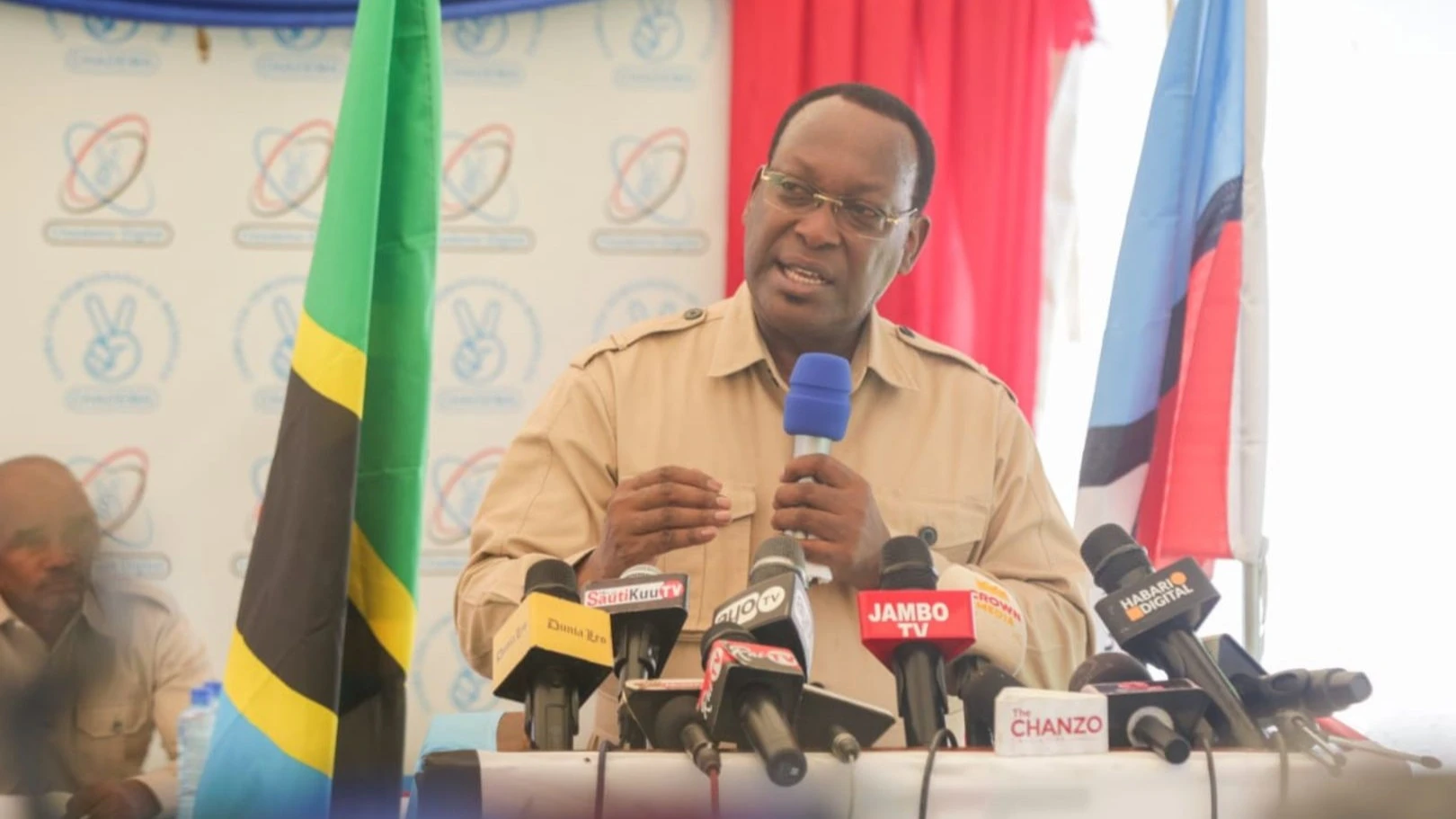‘Settle all EAC partner states trade bills in local currencies’

PARTNER states in the East African Community (EAC) zone need to settle payments in intra-EAC trade in local currencies to mitigate the depreciation of the shilling to dollar, a regional executive has appealed.
John-Bosco Kalisa, the East African Business Council (EABC) executive director, made this declaration at the CEOs roundtable meeting on East African integration and economic outlook for 2024 in Dar es Salaam on Wednesday.
It was organized in partnership with the Switzerland-Tanzania Chamber of Commerce, the Tanzania Private Sector Foundation (TPSF), the Confederation of Tanzania Industries (CTI) and RSM Eastern Africa, the regional link for a network of assurance, tax and consulting experts with offices all over the world.
In the EABC-RSM assessment, inflation in Tanzania is projected to moderately remain within 4.0 per cent during the year, even with pressures from global commodity prices and domestic demand.
Tanzania’s real GDP growth is expected to reach 6.3 per cent during 2024, fuelled by the rebound in tourism and pursuit of investments in public infrastructure, it stated.
East African countries mostly exceeded 5.0 percent growth levels during 2023, underscoring strong performance and diversified economies, while showing a low share of savings and tax to GDP which leads to budget deficit and higher borrowing, it cautioned
A curious submission was that the agricultural sector boosted Tanzania’s GDP growth by 14.2 per cent, with the manufacturing sector contributing 7.3 percent to GDP growth. The financial and insurance sector grew by 14.7 per cent in the third quarter of 2023, it said, while online data indicates that overall agro-sector growth stood at 4.1 percent in the third quarter of 2021, on the basis of a datum dated 30th January 2024mand may have crossed 50 percent with massive budgetary outlays to the sector in subsequent years.
The report emphasised that Tanzania should upgrade its agricultural economy to value-based processing, citing a global shortage of dollars causing depreciation of local currencies and curtailing import ability.
John Ulanga, the director of international trade at the Foreign Affairs ministry, noted that the EAC industrialisation strategy, transport inter-connectivity and trade facilitation are crucial elements to boosting intra-EAC and Africa-wide trade growth.
Paul Makanza, an EABC board member, stated that EAC economies will grow at 5.48 per cent on average for 2024, a significant increase from 4.9 percent in 2023 on the basis of data from the International Monetary Fund (IMF 2023). EAC inflation is projected to drop from 12.5 per cent on average in 2023 to 7.9 per cent in 2024, indicating a positive outlook for price stability, he said.
Amne Suedi, chairperson of Switzerland-Tanzania Chamber of Commerce, said that EAC countries should leverage competitiveness as an EAC bloc in global value chains, stressing the need for harmonization of policies and infrastructure development.
The prosperity of East Africans through trade requires systematic elimination of non-tariff barriers, access to finance, and venture capital to scale businesses in the EAC bloc, she said in a panel session moderated by Zephaniah Shaidi, the EABC membership manager.
The panel session shared insights on the economic trajectory of the region, the continent and beyond, with Godfrey Mondi, a TPSF programme specialist, explaining the need to improve port efficiency for competitiveness.
There is also a need to use the Pan African payment settlement system to boost intra-African trade, while Jenipher Bashugwa, managing director for Alaska (T) Group, called for the commercialisation of agriculture, reduction of regulatory costs of compliance for SMEs, and the simplification of trade procedures.
EABC goodwill ambassador Mercy Sila focused on the importance of support to formalize the informal sector and upgrading agro-sector business ventures, at the roundtable that attracted 50 top business leaders.
They discussed the ratification of the EAC treaty on double taxation, enhancing business ties with newer EAC partner states especially Somalia, touching on the need for reduction of electricity and internet costs.
Other spheres examined are infrastructure development, strengthening of public-private sector dialogue, skills development, along with enhancing policy predictability to attract investments.
They similarly demanded harmonised laws, reducing restrictions to trade in services in the EAC Common Market scorecard, digitalising business processes and taxation plus strengthening regional agro-value chain and trade,
Joint EAC power projects were emphasised along with interconnected standard gauge railways to enhance competitiveness of the EAC bloc.
Top Headlines
© 2024 IPPMEDIA.COM. ALL RIGHTS RESERVED






















